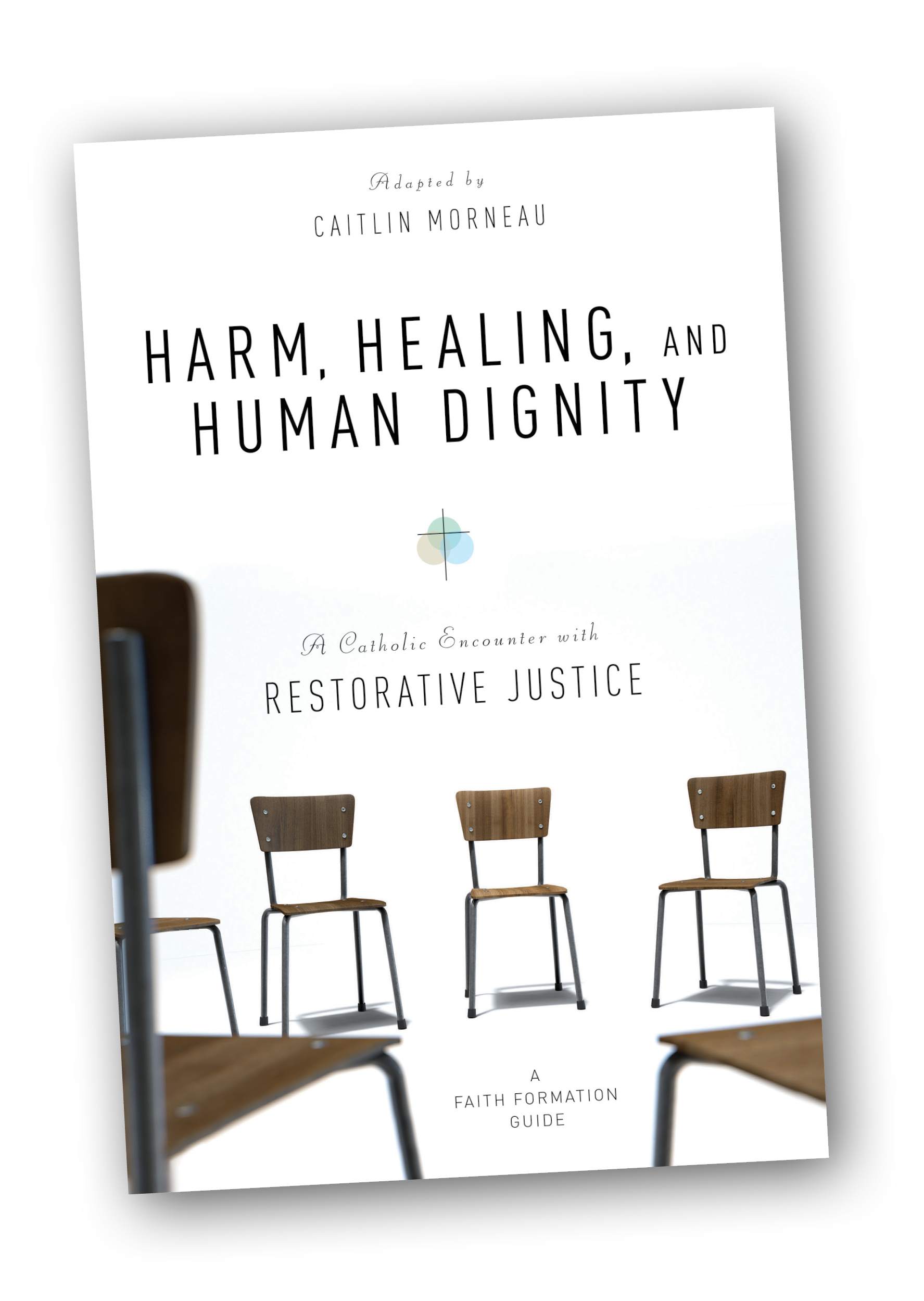Fourth Week of Lent: When We Consider Communities, Systems and Structures
Fourth Week of Lent: When We Consider Communities, Systems, and Structures
“For by grace you have been saved through faith, and this is not from you; it is the gift of God; it is not from works, so no one may boast. For we are his handiwork, created in Christ Jesus.” (Ephesians 2:9-10)
In this reading, we hear that we may not boast, because the grace acting in us is the “gift of God.” It is this gift which opens our minds and hearts to look beyond the brokenness in ourselves, and see the harm embedded in our communities, systems, and structures. We need to hear the words of Pope Francis who reminds us that we are to keep alive the flame of our collective conscience.
As we look at the communities, systems, and structures around us, we are particularly struck by the call to look closely at the harm that has been done because of the systemic racism in our country.
“We need to keep alive the flame of collective conscience, bearing witness to succeeding generations to the horror of what happened, because that witness awakens and preserves the memory of the victims, so that the conscience of humanity may rise up in the face of every desire for dominance and destruction. The victims themselves – individuals, social groups or nations – need to do so, lest they succumb to the mindset that leads to justifying reprisals and every kind of violence in the name of the great evil endured.” (Fratelli Tutti 249)
Video: Top 5 Lessons from the 2018 Pastoral Letter Against Racism (Time: 2:21)
You are invited to view the video below which sheds light on the sin of racism in the United States.
Reflection and Sharing
-
After watching this video, what stood out to you?
-
What points have particular meaning for you? What do you still have questions about?
-
Considering what we’ve learned about restorative justice, what might a Catholic response to racism within the Church and society look like?
Restorative Justice and Catholic Social Teaching: Solidarity and Subsidiarity
We are one human family and are called to be our sisters’ and brothers’ keepers. Because we are deeply interconnected in a web of relationships, harm has rippling effects. In accordance with this Catholic Social Teaching principle of solidarity, restorative justice sees people neither as victims in need of pity nor offenders deserving of punishment, but rather as people whose lives have intersected through harmful behavior and whose needs (physical, material, emotional, and spiritual) must be met. This is why family members, support people, and community members are invited to be part of restorative dialogues. Beyond particular instances of harm, practices like circle process create opportunities to slow down, share deeply, and hear one another’s stories, honoring our common dignity.
We all have different passions and interests, different backgrounds and relationships, different social locations, experiences, and political perspectives. These varieties of gifts make us one in the Body of Christ, “created for the good works that God has prepared in advance, that we should live in them” (Ephesians 2:10).
Reflection and Sharing
-
Think of a time when you experienced solidarity with persons of different backgrounds, social locations, experiences, or political perspectives. What was the experience like?
-
How can that same sense of solidarity shape our response to societal issues like racism? What steps could you suggest to promote solidarity among races?
Prayer (Adapted from No Future Without Forgiveness by Desmond Tutu)
[Ubuntu] is the essence of being human. It speaks of the fact that my humanity is caught up and is inextricably bound up in yours. I am human because I belong. It speaks about wholeness, it speaks about compassion.
A person with Ubuntu is welcoming, hospitable, warm and generous, willing to share. Such people are open and available to others, willing to be vulnerable, affirming of others, do not feel threatened that others are able and good, for they have a proper self-assurance that comes from knowing that they belong in a greater whole. They know that they are diminished when others are humiliated, diminished when others are oppressed, diminished when others are treated as if they were less than who they are. The quality of Ubuntu gives people resilience, enabling them to survive and emerge still human despite all efforts to dehumanize them.
Lord, help us to live each day in the spirit of ubuntu, remembering always that we are profoundly and integrally connected with one another. When people and relationships are broken by violence and oppression, remind us that I am because we are, I am because You are. Amen.
Next Steps
-
Watch “We Need to Talk about an Injustice” (Time: 23:26), a TED Talk by Bryan Stevenson, capital defense attorney and founder of the Equal Justice Initiative
-
Read the fifth chapter of Harm, Healing, and Human Dignity in preparation for Week Five

Restorative Justice in Light of the Lenten Gospels is a weekly Lenten series that follows along with Catholic Mobilizing Network’s faith formation guide, Harm, Healing, and Human Dignity: A Catholic Encounter with Restorative Justice (Liturgical Press, 2019).
